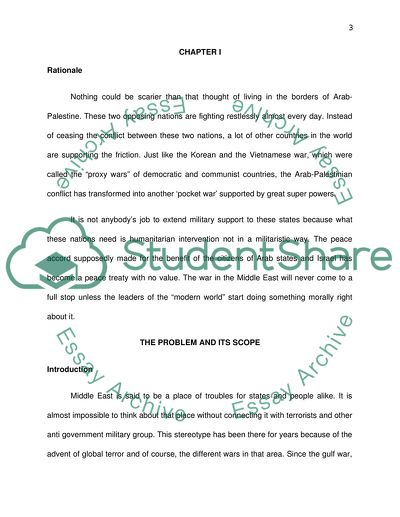Cite this document
(The River Jordan Flows Peacefully Between: An In Depth Analysis of the Research Paper, n.d.)
The River Jordan Flows Peacefully Between: An In Depth Analysis of the Research Paper. Retrieved from https://studentshare.org/history/1742555-arab-israeli-conflict
The River Jordan Flows Peacefully Between: An In Depth Analysis of the Research Paper. Retrieved from https://studentshare.org/history/1742555-arab-israeli-conflict
(The River Jordan Flows Peacefully Between: An In Depth Analysis of the Research Paper)
The River Jordan Flows Peacefully Between: An In Depth Analysis of the Research Paper. https://studentshare.org/history/1742555-arab-israeli-conflict.
The River Jordan Flows Peacefully Between: An In Depth Analysis of the Research Paper. https://studentshare.org/history/1742555-arab-israeli-conflict.
“The River Jordan Flows Peacefully Between: An In Depth Analysis of the Research Paper”, n.d. https://studentshare.org/history/1742555-arab-israeli-conflict.


